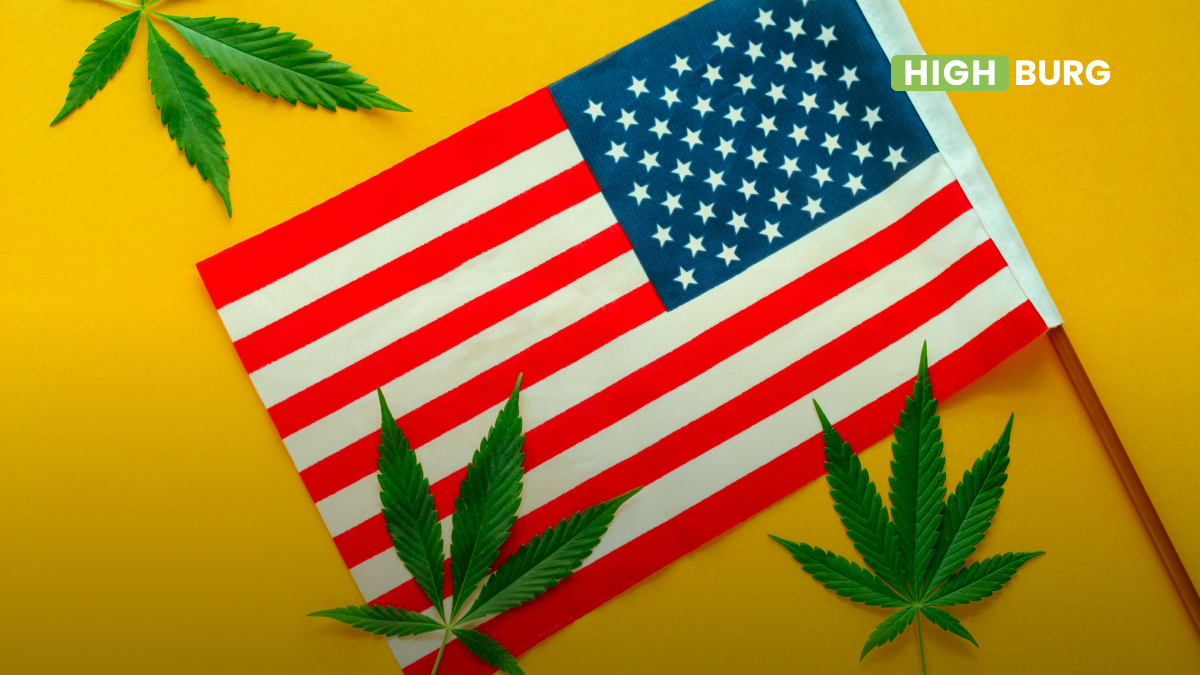American’s slow approach to cannabis legalization has yielded a surprising benefit. This tentative unfolding allowed to conduct data and analysis on the positive impact of cannabis legalization. This data has proven that cannabis legalization provides more value than first realized, even extending beyond the cannabis industry. This creates a ripple effect deep into the American economy benefiting Americans in a variety of ways..
Jobs Growth and Opportunity
Since the 1970s, American manufacturing jobs have slowly been disappearing. Combining that with the gradually decreasing agricultural sector, many unskilled Americans are turning to the service industry with very few other opportunities available.
Cannabis legalization, for both medicinal and recreational use, has led to a boom in several industrial categories. Everything from cannabis growth, lab testing, manufacturing, package design, distribution, sales, and advertising have grown thanks to the cannabis legalization. Even the banking world has been affected, as revenue from cannabis sales are federally prohibited from being deposited in banks and credit unions. This prohibition of deposits has forced the cannabis industry to get creative both in the form of their banking and in their security as they remain a predominantly cash based business.
Overall, the global cannabis market was valued at $22.5 billion in 2021 and is expected to rise to $82.3 billion by 2027.
That is a 24% growth rate year over year. With market growth and the variety of industries cannabis influences, more opportunities will emerge along with it. The best part is that this industry is entirely American based, giving the American workforce a much needed boost.
Employee Health and Safety
Cannabis is typically classified as one of the safer drugs available on the market. But how does this safety translate into the work environment? States that legalized medical cannabis saw a 19.5% drop in workplace fatalities among workers aged 25-44. As time progressed and the market saw increased saturation, those same workplace related fatalities dropped by 33.7%.
Additionally, other studies have shown no statistical correlation between cannabis use and occupational related injuries. This means that workers in states that have access to cannabis are statistically safer at work than those who don’t. Scientists believe that cannabis’ psychoactive effects may cause more work-related accidents, but this does not appear to be the case. Cannabis’s psychoactive effects, though not as severe as alcohol or opiates, can affect users’ motor skills and reaction time. In reality, cannabis legalization has been shown to lead to a drop in workman’s compensation claims by as much as 20%. Data on fewer workplace deaths corroborate this conclusion, leading to a safer work environment with cannabis. Though there are no recommendations about consumption during work hours.
Job Satisfaction Connected to Cannabis
In addition, there are many other aspects of cannabis legalization that have increased workers productivity and happiness. States that adopted medical cannabis have seen a drop in sick days. A big reason for this may be that cannabis can be used to manage pain, deal with stress, or other psychological concerns like anxiety. This may also explain why workers have fewer accidents on the job. Cannabis gives individuals a new form of treatment for physical, psychological, and emotional distresses. Workers who can manage all these areas better don’t need to call in sick as often as those who can’t. On average, states that have adopted cannabis legality see an average increase of 4.9% in hours worked per week. While these are indicative of job satisfaction, it would be incomplete not to also examine workers compensation.
Luckily, cannabis also has a positive association here. States with recreational cannabis tend to see lower unemployment and higher wages for their workers. This is especially true for workers over the age of 30, and for members of minority communities. With increased opportunities, safer work environments, better medicinal management and higher compensation, it is clear to see how all these benefits are stacking up for the American workforce. However, this goes a step further in a way that benefits everyone.
Increased Tax Revenue
As of March 2022, the total amount of tax revenue raised across the country from cannabis sales totaled $11.2 billion. This varies from state to state, but overall states that choose to regulate the cannabis market are seeing hundreds of millions of additional dollars every year. In a general sense, higher taxes collected are a sign of economic growth, but there are several tangible benefits that each state can point to depending on how they choose to spend their surpluses. It is a case by case basis how states choose to implement these funds, but they are generally being used to increase the common good. In California, those revenues go to fund transportation, schools, public health, and environmental programs. Other states, like Illinois, choose to devote these funds to increased law enforcement and drug treatment programs.
Some states, like Colorado, have collected so much revenue that they have discussed refunding millions of dollars back to their citizens. While these do not necessarily have direct benefits on the American worker, the taxes collected from cannabis legalization leads to a cumulative benefit that provides more common good for not only cannabis industry workers but everyone in the state. Through increased education spending, future generations have higher probabilities of success. Better transportation allows more individuals to extend the range of where they are able to work. Higher state budgets potentially mean less of a tax burden on individuals, allowing people to keep more of their income for themselves.
